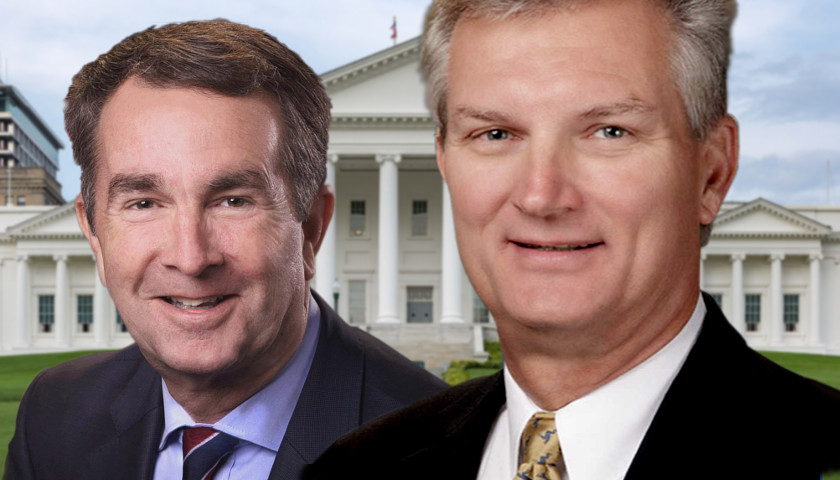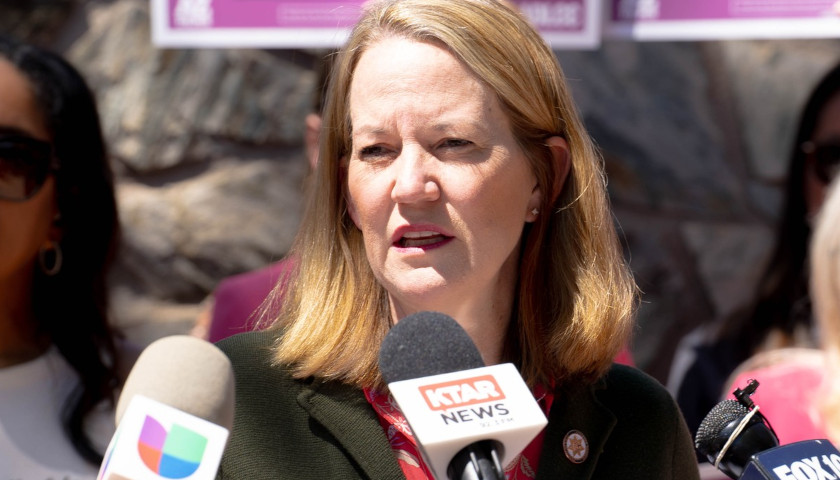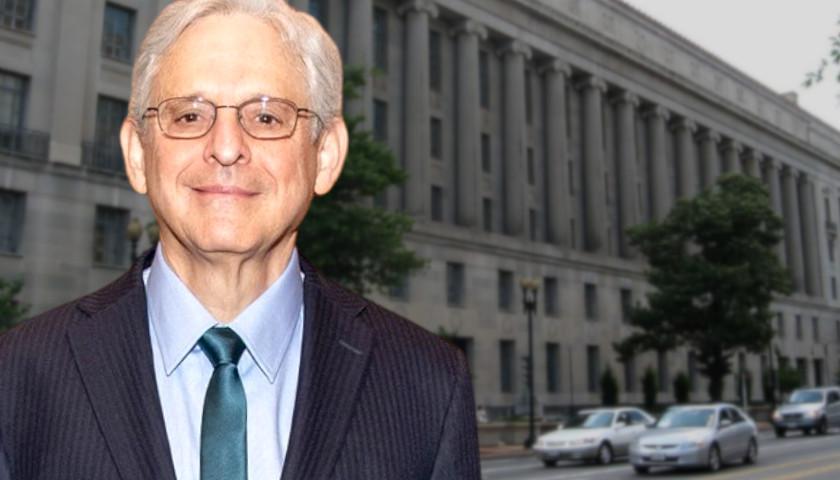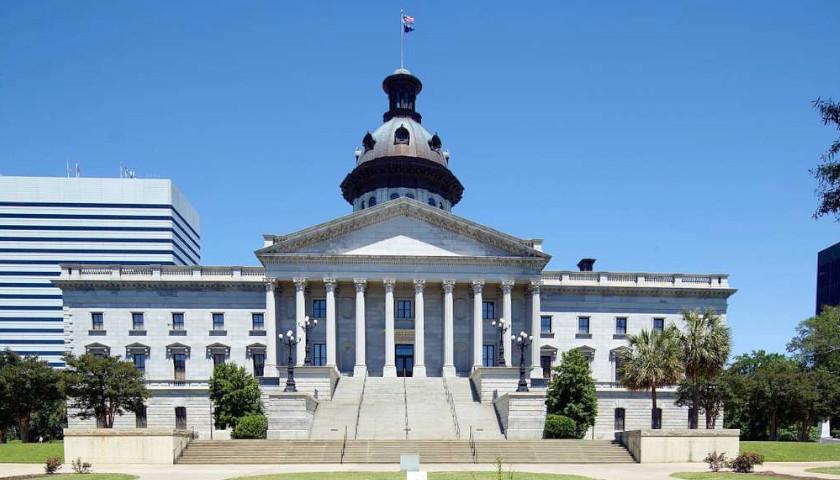Virginia Governor Ralph Northam’s administration has recommended to the General Assembly that the state not conform its tax code to specific provisions included in the recently-signed federal emergency relief bill that gives businesses who received Paycheck Protection Program (PPP) loans a significant tax benefit.
Under the provisions of the Consolidated Appropriations Act (CAA), signed into law by President Donald Trump in late December, businesses in the Commonwealth that got forgivable PPP loans would not be taxed on that income and could deduct their business expenses covered by the federal payment.
State Secretary of Finance, Aubrey Layne, argues that following the CAA would not be equitable and cost Virginia hundreds of millions in lost revenue.
“There’s about $12.6 billion in PPP loans that were done in the Commonwealth [for] about 113,000 businesses,” Layne said in an interview with The Virginia Star. “But, we have about 250,000 businesses, which meant quite a few did not get the money and it wasn’t based solely on need, it was based on pretty much first come first serve.
“We don’t believe that is an equitable treatment for taxpayers. Therefore, that is the reason why Virginia is recommending to the General Assembly that we do not conform to those provisions.”
Layne also said that those provisions would cost the state up to nearly $900 million in lost tax revenue over the next two years based on estimates from the Virginia Department of Taxation.
Instead, Layne is recommending that Virginia comply with the provisions of The Coronavirus Aid, Relief, and Economic Security (CARES) Act where businesses that received PPP loans would not be taxed on the income, but could not further deduct their expenses, which would cost an estimated $500 million.
“[There’s] no impact at all on the taxpayer,” Layne said.
Nevertheless, the National Federation of Independent Business (NFIB) said it supports conforming Virginia tax law to the CAA provisions.
“Our members support including both provisions when it comes to PPP loans, the income exclusion and the deductibility of business expenses,” Nicole Riley, NFIB Virginia state director, told The Star.
“These small business owners wouldn’t have taken this loan normally,” Riley continued. “This was not a loan for them to expand their business, add employees or buy new equipment. This was a forgivable loan because the government shut down their businesses, told them not to work their employees, but said hey we’d like you to continue to employ them and we’re going to help you by providing this forgivable loan and it will be completely tax free.”
Riley also maintained that since the COVID-19 shut downs is a unique situation, struggling businesses should get this benefit and without deductibility those companies will pay more because they still owe taxes for the rest of their income.
Additionally, Riley argued against the notion that the CAA provisions would result in inequity between taxpayers by highlighting that the General Assembly has often passed tax credits to certain industries, with the most glaring example being the effort to bring Amazon’s second headquarters to Virginia.
The NFIB has worked with Senators Chap Petersen (D-Fairfax City) and Todd Pillion (R-Washington) to introduce SB 1394 this session, which says that Virginia will conform to both provisions for PPP loans. The bill has been referred to the Senate Finance and Appropriations Committee, but has not been taken up yet as of Monday evening.
According to Layne, most tax preparers and taxpayers would want the provisions in the state code by early to mid-February, so people can begin working on their tax returns. If the General Assembly wants to meet this time frame, action will need to be taken soon.
– – –
Jacob Taylor is a reporter at The Virginia Star and the Star News Digital Network. Follow Jacob on Twitter. Email tips to [email protected]








